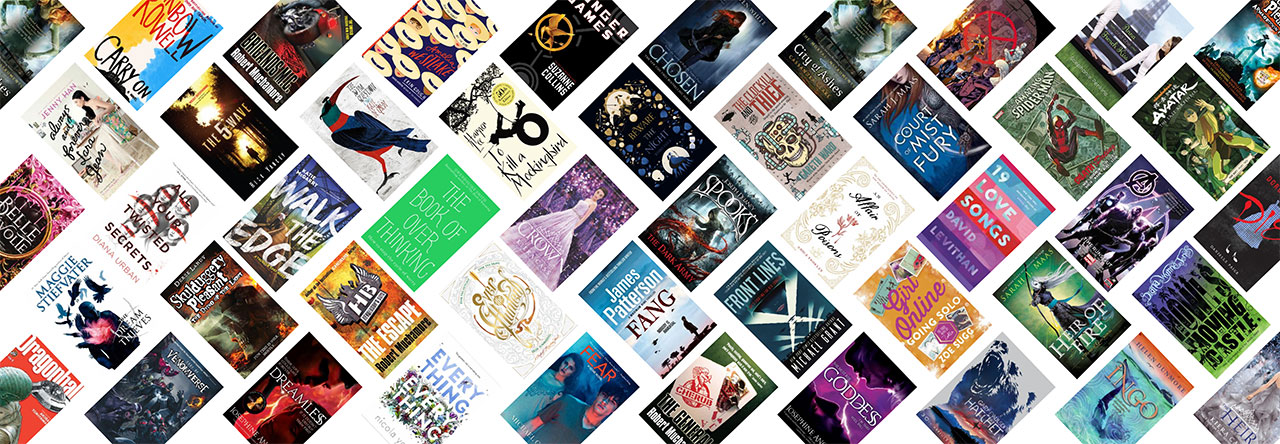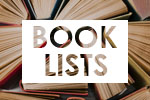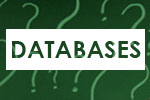How old do you need to be before you drink coffee? It seems more like an adult drink, in the same way that things like blue cheese or ceviche are adult foods. Maybe it’s because of the caffeine in the coffee? But that’s in Coke and energy drinks, both all-age beverages. No one truly knows the answer.
Let’s say you want to start to drink coffee but don’t know where to begin. Here is the usual progression of coffee imbibing, backed up by a lot of research:
- Beginner (run – don’t walk! – through these stages)
- Powdered instant + milk + 2 sugars
- Granulated instant + milk
- Intermediate
- Plunger (or French press) + milk, maybe. I personally find these to be weak and gritty but that’s a skill issue
- Expert (try them all, they’re all good)
- Drip coffee
- Vietnamese coffee press
- Stovetop/percolator/moka pot and one of those milk foaming whisks if you like (or no milk)
- Barista-made flat white or espresso. Being a good barista is a skill as it means understanding things like humidity, the temperature of the steam, and the bean grind and freshness of the roast. Downside is this can cost a lot! Or you need access to a machine
At this point you’ve kind of graduated. Some people stick with the plunger because it’s cheap and easy. Stovetops are a little more annoying to use. You have to watch them on the stove top and they are a pain to clean. And if the rubber seal goes you have to:
- wipe up any overflow from under the stove element (very annoying)
- remember to get a replacement seal
- if you can find one
- and when you do, you realise you don’t know which size to get, so go back to step 1.
Here are some tips:
- Always get good beans that are fresh (if they’re roasted locally, you will be fine)
- Don’t pour coffee grounds down the sink as they will clog the pipes over time. Instead use them on the garden
- If you’re buying from a barista outside of Wellington you may need to specify two shots, or a ‘double shot’, of coffee, otherwise you might end up with the worst coffee of your life.
Anyway, that’s enough learning for today. Here is your homework; ristretto, double-shot piccolo (my personal preference), dirty chai, and here are some books:
Peoples Coffee barista handbook / Lamason, Dave
“Provides background to Peoples Coffee, a Wellington business specialising in fair trade organic coffees, and instructions on how to use coffee-making equipment correctly.” (Catalogue)
 Real fresh coffee : how to source, roast, grind and brew your own perfect cup / Torz, Jeremy
Real fresh coffee : how to source, roast, grind and brew your own perfect cup / Torz, Jeremy
“The founders of Union Hand-Roasted Coffee share their expertise and trade secrets about coffee and its processes. This is an indispensable guide for those who want to understand more about how to source and brew quality coffee.” (Adapted from Catalogue)
 Curious barista’s guide to coffee / Stephenson, Tristan
Curious barista’s guide to coffee / Stephenson, Tristan
“The ultimate guide to the history, science and community behind coffee. Here, Tristan Stephenson explores the origins of coffee, its journey around the world and cultural influence. Sections on Farming, Roasting & Assessing coffee, buying coffee, Espresso, and Brewing Methods will give you all the information you need to become an expert.” (Adapted from Catalogue)




Leave a Reply